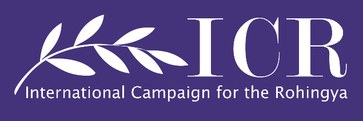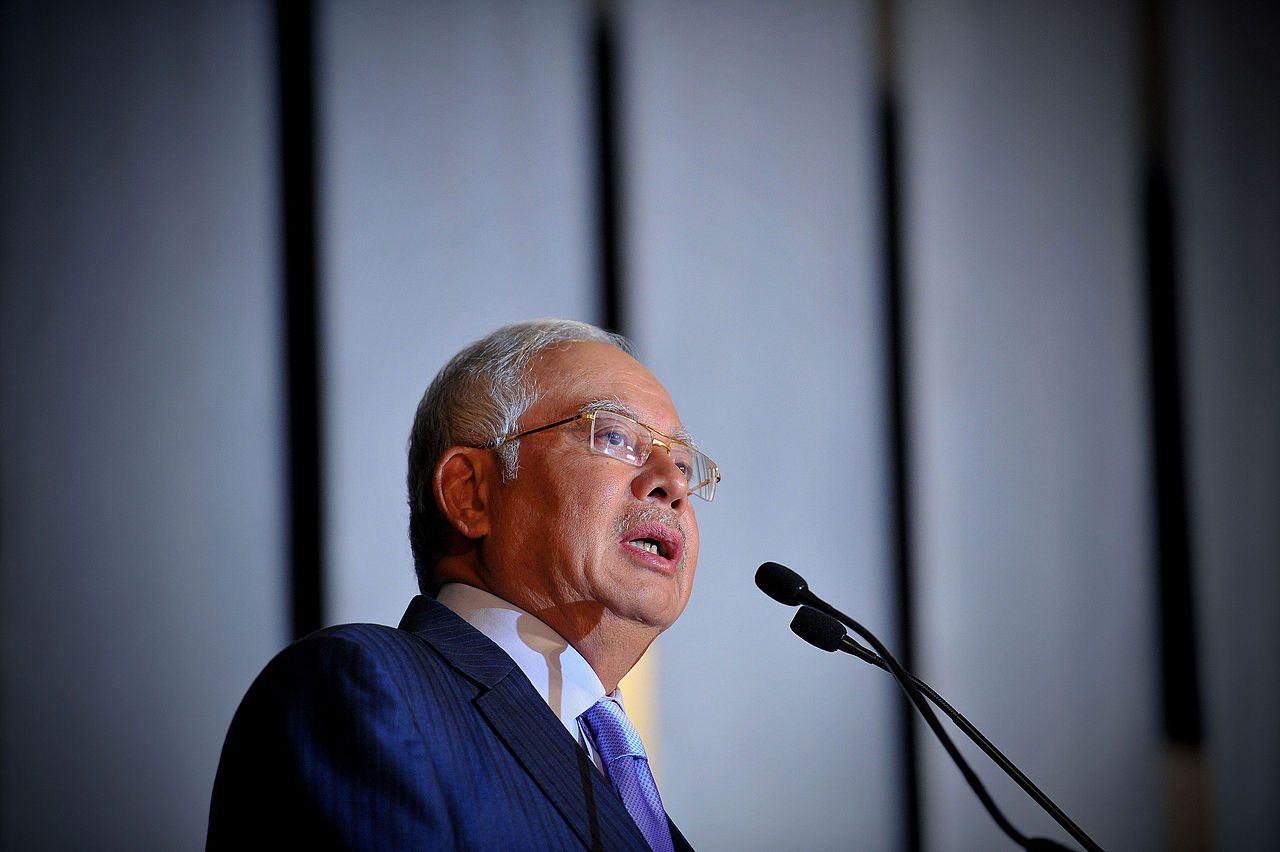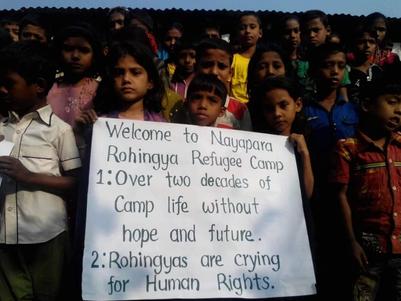Press Release: Historic New “End Genocide Bill” Introduced in Maryland General Assembly
FOR IMMEDIATE RELEASE Maryland Delegate Bilal Ali (Baltimore City – District 41) has introduced an historic new bill to ensure that Maryland spends and invests taxpayers’ money in a manner that reflects Maryland values of upholding human rights and opposition to genocide and crimes against humanity. The Maryland End Genocide Bill (HB 1787) will require … Read more


